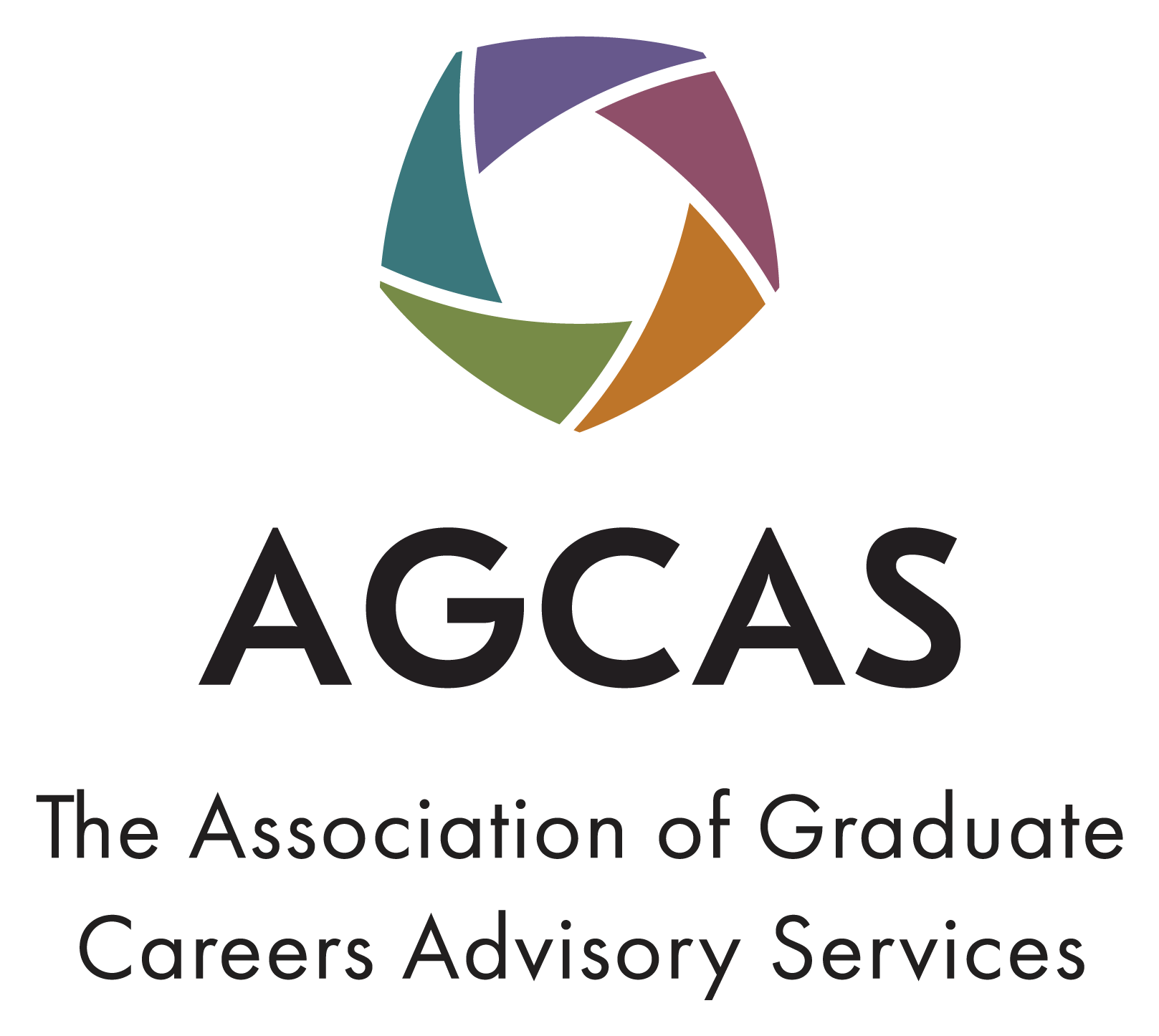“Law (Graduate Entry) is a well established and well taught course, one I would highly recommend to all those passionate about the law.”
Susana Raquel Silva Cardoso Law (Graduate Entry) LLB
Graduates of any discipline can take this course to fast-track their studies and gain an LLB in two years. You’ll gain a solid grounding in the English legal system and explore international, European and Canadian law as part of the course.
You’ll cover theoretical and practical aspects of law, and benefit from:
- being taught by research-active faculty and joining a vibrant community with an active student law body
- getting involved in the local community through the Sussex Law Clinics, gaining valuable work experience of the law in action before you graduate
- our links with leading law firms that sponsor our student competitions in national and international mooting, criminal advocacy, client interviewing, negotiation, mediation and legal debating.
Studying law develops your skills of analysis, argument and persuasion, equipping you for a variety of careers. And our supportive group of alumni are happy to provide career advice for current students.
Accreditation
This course satisfies the academic component of Bar training (subject to minimum pass marks and number of attempts). This degree acts as a gateway to further qualification as both a solicitor and a barrister. The Solicitors Qualifying Examination (SQE) must be taken by graduates wishing to become a solicitor.
- This course satisfies the academic component for BSB purposes (subject to minimum pass marks and number of attempts). Find out more
- This course satisfies the academic component for SRA purposes (subject to minimum pass marks and number of attempts). Find out more
We understand that deciding where and what to study is a very important decision. We’ll make all reasonable efforts to provide you with the courses, services and facilities described in this prospectus. However, if we need to make material changes, for example due to government or regulatory requirements, or unanticipated staff changes, we’ll let you know as soon as possible.

Entry requirements
Undergraduate honours degree
| Typical offer | You must have a second-class undergraduate honours degree (or equivalent). |
|---|
You must have a second-class undergraduate honours degree (or equivalent).
Equivalent degrees would include Canadian Bachelors degree with CGPA of at least 3.0 (or a grade B weighted average).
If your qualifications aren’t listed or you have a question about entry requirements, contact us
For details on any additional costs, check out the Fees and scholarships section.
Modules
This is a single-honours course, allowing you to focus in depth on your core subject.
Find out about our types of undergraduate degrees, their structure, modules and credits
Core modules
Core modules are taken by all students on the course. They give you a solid grounding in your chosen subject and prepare you to explore the topics that interest you most.
- Introduction to English Legal System (Graduate Entry)
- Public Law I: Constitutional and Administrative Law Advanced
Autumn teaching
Autumn and spring teaching
Options
Alongside your core modules, you can choose options to broaden your horizons and tailor your course to your interests. This list gives you a flavour of our options, which are kept under review and may change, for example in response to student feedback or the latest research.
While it’s our aim for students to take their preferred combinations of options, this can’t be guaranteed and will be subject to timetabling. Options may be grouped and if so, students will be able to choose a set number of options from the selection available in any particular group.
Spring teaching
Spirit of Sussex Award
Feel involved in life at the University, make friends and enrich your experience with us – the Spirit of Sussex Award is our way of recognising your extracurricular and voluntary achievements.
- Video transcript
Hi everyone! As I'm sure you've all heard by now, the Spirit of Sussex Award is now live.
Students across the Sussex community are already earning their points
What will you do to earn yours?
There's so many ways to get involved.
Head over to the website to start your Spirit of Sussex journey.
Text: The Spirit of Sussex Award is an exciting new programme designed to recognise and celebrate the things you do outside your course.
Participating in the Award makes it easy and fun for you to get involved and make the most of university life.
We regularly review our modules to incorporate student feedback, staff expertise, as well as the latest research and teaching methodology. We’re planning to run these modules in the academic year 2025/26. However, there may be changes to these modules in response to feedback, staff availability, student demand or updates to our curriculum. We’ll make sure to let you know of any material changes to modules at the earliest opportunity.
We’ll do our best to provide as much optional choice as we can, but timetabling constraints mean it may not be possible to take some module combinations. The structure of a small number of courses means that the order of modules or the streams you choose may determine whether modules are core or optional. This means that your core modules or options may differ from what’s shown here.
Check back in January 2026 for more details of the modules running in the academic year 2026/27.
Core modules
Core modules are taken by all students on the course. They give you a solid grounding in your chosen subject and prepare you to explore the topics that interest you most.
Autumn teaching
Autumn and spring teaching
Options
Alongside your core modules, you can choose options to broaden your horizons and tailor your course to your interests. This list gives you a flavour of our options, which are kept under review and may change, for example in response to student feedback or the latest research.
While it’s our aim for students to take their preferred combinations of options, this can’t be guaranteed and will be subject to timetabling. Options may be grouped and if so, students will be able to choose a set number of options from the selection available in any particular group.
- Alternative Dispute Resolution
- Aspects of Commercial Law
- Canadian Administrative Law (Aut)
- Child Law
- Company Law 1
- Criminology
- Fashion Law
- Foundations of Environmental Law
- Human Rights 1: International and Regional Frameworks
- Immigration & Asylum Law
- Intellectual Property: Copyright and Related Rights
- International Trade Law
- Law and Resistance
- Law of Evidence
- Law, Gender and Sexuality (Aut)
- Law, Politics and Economics of Regulation (Aut)
- Media Law and Regulation
- Principles of Public International Law
- Sports Law 1
- Transnational Commercial Litigation
- Aboriginal Law (Spr)
- Adult Family Law
- Commercial Sales Law
- Company Law 2
- Crime and Punishment
- Human Rights 2: Critical Perspectives
- International Economic Disputes
- Internet Law and Regulation
- Law and Development
- Law and the Entertainment Industry
- Law of Succession (Spr)
- Legal Ethics and Professional Conduct
- Public International Law in Current Affairs
- Sports Law 2
- The Legal Regulation of Sexual Relationships
Autumn teaching
Autumn and spring teaching
Spring teaching
Spirit of Sussex Award
Feel involved in life at the University, make friends and enrich your experience with us – the Spirit of Sussex Award is our way of recognising your extracurricular and voluntary achievements.
- Video transcript
Hi everyone! As I'm sure you've all heard by now, the Spirit of Sussex Award is now live.
Students across the Sussex community are already earning their points
What will you do to earn yours?
There's so many ways to get involved.
Head over to the website to start your Spirit of Sussex journey.
Text: The Spirit of Sussex Award is an exciting new programme designed to recognise and celebrate the things you do outside your course.
Participating in the Award makes it easy and fun for you to get involved and make the most of university life.
We regularly review our modules to incorporate student feedback, staff expertise, as well as the latest research and teaching methodology. We’re planning to run these modules in the academic year 2025/26. However, there may be changes to these modules in response to feedback, staff availability, student demand or updates to our curriculum. We’ll make sure to let you know of any material changes to modules at the earliest opportunity.
We’ll do our best to provide as much optional choice as we can, but timetabling constraints mean it may not be possible to take some module combinations. The structure of a small number of courses means that the order of modules or the streams you choose may determine whether modules are core or optional. This means that your core modules or options may differ from what’s shown here.
Check back in January 2026 for more details of the modules running in the academic year 2026/27.
The Solicitors Qualifying Examination
If you’re interested in qualification through the new Solicitors Qualifying Examination (SQE), we’re here to support you:
- we have partnered with BARBRI, the global legal education provider, to offer you a pathway to qualification through this new route. As part of this partnership, you’ll have a discount on BARBRI fees as well as access to BARBRI-run campus workshops
- in addition to our current assessment modes, we’ll be incorporating multiple-choice questions, the mode of assessment for the SQE
- alongside our core modules, you’ll also have the opportunity to choose options covering specialised areas of law that form part of the SQE.
Enhance your employability skills at a Law Clinic
- Video transcript
Professor Amir Paz-Fuchs, Sussex Law School: “Welcome to the University of Sussex Law Clinics where theory meets practice and students become real-world problem solvers for their local community.”
Hashim Al-Metwakill, Migration Law Clinic student: “Although the Law Clinics aren't a module that you have to take here, I really do think that it is one of the best experiences and that everyone should have an opportunity to do them. There are a lot of options in terms of Law Clinics available here. I chose the migration Law Clinic.”
Paz-Fuchs: “What students get from the clinics is real-life experience, helping people in the community, understanding how the law operates in practice, and gaining extremely valuable skills for their CV and for their employability.”
Al-Metwakill: “So throughout my time at the Migration Law Clinic, I learned to client interview, draft memos, advice letters, and how to deal with the unexpected. There are situations that arise that you might not know how to react to originally, but with experience and with the guidance of our teachers, you really get to know how to deal with them.”
Zoe Janae Hoyte, Street Law Clinic: “Doing the clinics has meant that I've gotten to see that I have skills that are going to make a difference for people. Knowing that I can find that purpose in what I've studied in a real impactful way, in a real world, is really empowering for me and has encouraged me to move forward in my route of doing charitable work in a legal setting, and I'm just really excited to know that there's going to be a future in helping people like I have in Street Law.”
Dr Lucy Welsh, Sussex Law School: “The Law Clinics really empower the students through experiential learning. It's about more than just reading case law or reading articles. It's about rolling up their sleeves and actually making a tangible difference to people's lives through the law.”
Deanna Coe, Housing Law Clinic student: “It gives you a different law degree in comparison to just looking at statute, writing an essay. You are able to apply the law practically, which you don't get to do everywhere or within every module. If you're writing a dissertation, it's not the same experience whatsoever, but being able to be a part of the Law Clinic, it does give that other angle of your degree and it gives you that other skill set which it is priceless.”
Haley Stern, Employability Law Clinic student: “I think the Law Clinics really showed me why I'm passionate about law. Why I chose law in general. It's seeing that interpersonal element. It's real-life people with real-life issues and being that person to either help them or just listen to them, is the reason why I came into this. It's about people and at the end of the day, it's about that person in that time of their life. So if you can help them, that's the best thing. That's the only thing you can ask for really.”

Silver
The student experience and student outcomes are typically very high quality.
This rating was awarded in 2023, for four years.
(Teaching Excellence Framework 2023)
Find out more about our approach to teaching and supporting you to thrive
Our staff
On your LLB, you’ll engage with the complexities and richness of the law. This will shape your practical legal mind and prepare you for a world beyond your legal studies.”Kieran Durcan
Senior Lecturer in Law
LLB Convener


Fees
Fees are not yet set for the academic year 2026/27 – please check back in September 2025. Note that your fees, once they’re set, may be subject to an increase on an annual basis.
Find out about typical living costs for studying at Sussex
Find out about our terms and conditions
Scholarships
Details of our scholarships are not yet set for entry in the academic year 2026/27.
Careers
of Sussex undergraduates have completed work experience by the end of their course (University of Sussex Career Readiness data at point of graduation 2023/24)
You’ll be prepared – subject to completion of the necessary further qualifications – to practise law as a solicitor, a barrister or an in-house lawyer for a public limited company or a government agency.
You can also choose to use your excellent communication skills in fields such as:
- broadcast media
- public relations or human resources
- policy development or politics.
Working while you study
Our Careers and Entrepreneurship team can help you find part-time work while you study. Find out more about career development and part-time work
Design your future at Sussex
Taking the next step in your career can feel daunting, but we’ll help you to explore, connect and flourish throughout your studies and beyond.
As a Sussex student, you’ll learn how to tackle real-world challenges and have access to tailored programmes of careers support:
- our Career Lab helps you to explore your options, build key skills and connect with employers. Take part in internships, community consultancy projects and insight visits, where you can learn about life at organisations including Brighton & Hove Albion Football Club, Gatwick Airport and the Knepp Rewilding Project
- one-to-one coaching with your Faculty Careers Consultant can enable you to identify your career goals, write an effective CV and prepare for future interviews
- entrepreneurship initiatives like StartUp Sussex and Ideas Lab can empower you to turn your concepts into reality.
Explore how our Careers and Entrepreneurship team can support you

Winner
Entrepreneurship Catalyst Award
National Enterprise Educator Awards 2024

Winner
Supporting Student and Graduate Employability Award
AGCAS Awards for Excellence 2024

Top 50
Best Universities for Work Experience in the UK
2025 RateMyPlacement Awards
